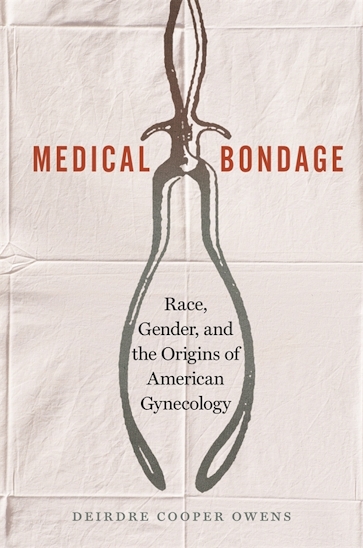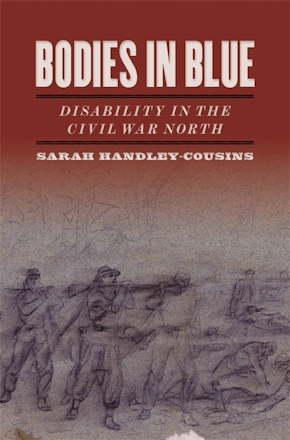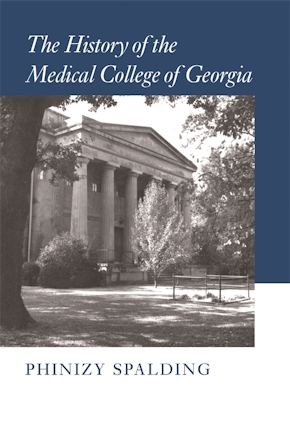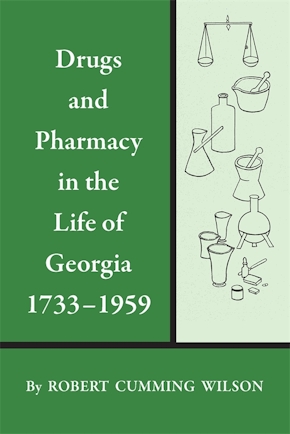Medical Bondage
Race, Gender, and the Origins of American Gynecology
Title Details
Pages: 182
Illustrations: 10 b&w images
Trim size: 6.000in x 9.000in
Formats
Paperback
Pub Date: 07/15/2018
ISBN: 9-780-8203-5475-0
List Price: $27.95
Hardcover
Pub Date: 11/15/2017
ISBN: 9-780-8203-5135-3
List Price: $50.95
eBook
Pub Date: 11/15/2017
ISBN: 9-780-8203-5134-6
List Price: $50.95
Subsidies and Partnerships
Published with the generous support of the Sarah Mills Hodge Fund
Other Links of Interest
Medical Bondage
Race, Gender, and the Origins of American Gynecology
How pioneering gynecologists promoted and exploited scientific myths about inferior races and nationalities
Skip to
- Description
- Reviews
- Awards
The accomplishments of pioneering doctors such as John Peter Mettauer, James Marion Sims, and Nathan Bozeman are well documented. It is also no secret that these nineteenth-century gynecologists performed experimental caesarean sections, ovariotomies, and obstetric fistula repairs primarily on poor and powerless women. Medical Bondage breaks new ground by exploring how and why physicians denied these women their full humanity yet valued them as “medical superbodies” highly suited for medical experimentation.
In Medical Bondage, Cooper Owens examines a wide range of scientific literature and less formal communications in which gynecologists created and disseminated medical fictions about their patients, such as their belief that black enslaved women could withstand pain better than white “ladies.” Even as they were advancing medicine, these doctors were legitimizing, for decades to come, groundless theories related to whiteness and blackness, men and women, and the inferiority of other races or nationalities.
Medical Bondage moves between southern plantations and northern urban centers to reveal how nineteenth-century American ideas about race, health, and status influenced doctor-patient relationships in sites of healing like slave cabins, medical colleges, and hospitals. It also retells the story of black enslaved women and of Irish immigrant women from the perspective of these exploited groups and thus restores for us a picture of their lives.
—Sarasota Herald-Tribune
—Evette Dionne, Bitch Magazine
—Stephen C. Kenny, The Journal of African American History
—Karol K Weaver, Humanities and Social Sciences Online
Winner
Darlene Clark Hine Award, Organization of American Historians



